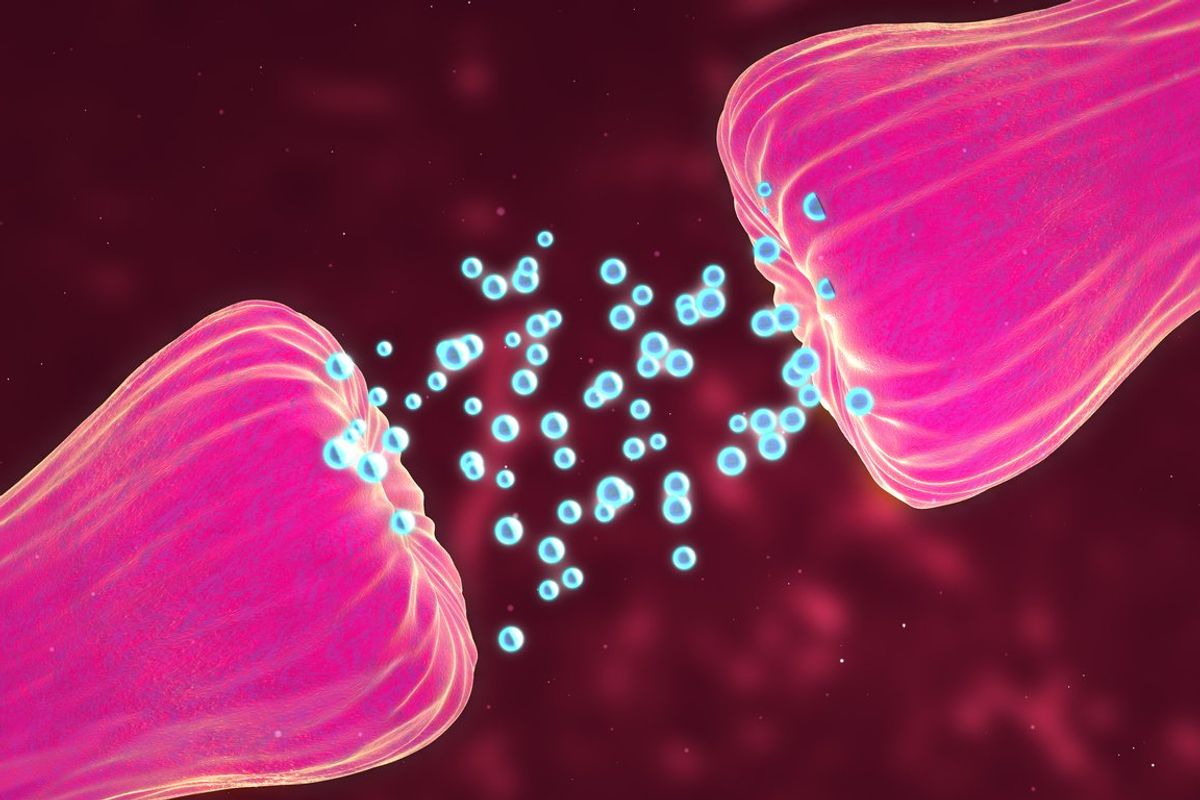Scientists may have just found a cure for alcoholism
Scientists may have just found a cure for alcoholism indy100


Alcohol Addiction: A Promising Cure
Alcohol addiction ruins millions of lives every year, but scientists may have found a cure for this terrible affliction.
A new treatment for alcohol use disorder (AUD) has been trialled in monkeys with impressive results and, if these translate to human trials, the impact could be monumental.
The Study
A team of neuroscientists and physiologists from across the US tested a new type of gene therapy to see if they could directly target the underlying brain circuitry associated with sustained heavy drinking.
As they noted, in the journal Nature Medicine, people suffering from AUD commonly return to alcohol use even if they attempt to quit.
The Role of GDNF
This is largely to do with what’s known as mesolimbic dopamine (DA) signalling – meaning how the central nervous system circuit communicates the feelgood neurotransmitter dopamine.
A protein called glial-derived neurotrophic factor (GDNF) is key to keeping these neurons in this reward circuitry functioning.
However, experts have found that levels of GDNF are reduced in people with AUD during periods of alcohol abstinence, most notably in a region of the brain called the ventral tegmental area (VTA).
The Gene Therapy Approach
Therefore, the researchers decided to test whether using gene therapy to deliver more GDNF to the VTA could help reinforce this crucial dopaminergic signalling and prevent patients from suffering an alcoholic relapse.

The Results
The team of scientists explained how alcohol consumption in non-addicts prompts the release of dopamine, creating a pleasurable buzz feeling, but chronic alcohol use causes the brain to adapt and stop releasing so much dopamine.
For their research, Dr Grant and her colleagues used eight rhesus macaque monkeys, who were exposed to increasing concentrations of alcohol over four 30-day “induction” periods.
The monkeys then had free access to alcohol and water for 21 hours a day for six months, during which they developed heavy drinking behaviours.
This was then followed by a 12-week abstinence phase, with the GDNF treatment performed four weeks in for half of the subjects.
The gene therapy was delivered using a viral vector containing a copy of the human GDNF gene injected directly into the primate’s VTA, according to IFLScience.
And the results were truly jaw-dropping.
“Drinking went down to almost zero,” Dr Grant said. “For months on end, these animals would choose to drink water and just avoid drinking alcohol altogether. They decreased their drinking to the point that it was so low we didn’t record a blood-alcohol level.”

Potential Impact
The most exciting aspect of their findings is the suggestion that gene therapy could offer a permanent solution for people with the most severe cases of AUD.
This will be a welcome glimmer of hope to many, given that some 29.5 million people were diagnosed with AUD in the US alone in 2021, according to the National Institute on Alcohol Abuse and Alcoholism.
Of these 29.5 million sufferers, almost a million (894,000) were aged between 12 and 17.
It’ll likely be some time before we know for sure whether the gene therapy can be rolled out in humans, but it’s an important first step in tackling this devastating disorder.
Conclusion
In conclusion, the study on gene therapy for alcohol addiction shows promising results in monkeys and offers hope for a potential cure for AUD. By targeting the brain circuitry associated with heavy drinking and delivering glial-derived neurotrophic factor (GDNF) through gene therapy, the researchers were able to significantly reduce alcohol consumption in the monkeys. This breakthrough could have a monumental impact on individuals suffering from AUD, considering the staggering number of diagnosed cases in the US alone. While further research is needed to determine the effectiveness of this therapy in humans, it represents an important step towards addressing the challenges posed by alcohol addiction.
References:
- Alcohol addiction
- Nature Medicine
- IFLScience
- indy100.com

Join us, as fellow seekers of change, on a transformative journey at https://sdgtalks.ai/welcome, where you can become a member and actively contribute to shaping a brighter future.







